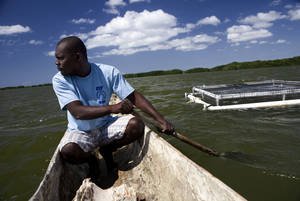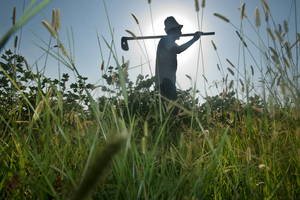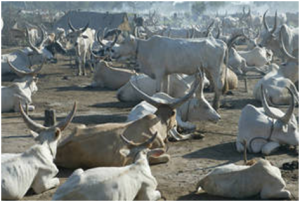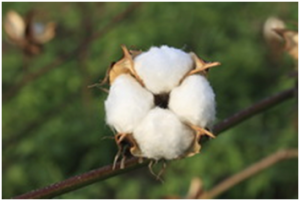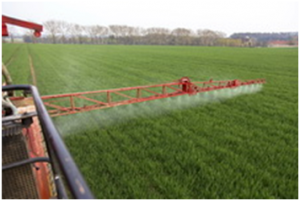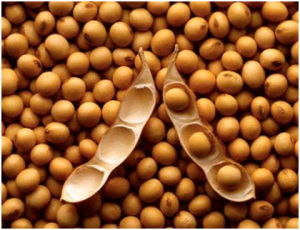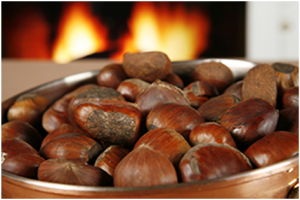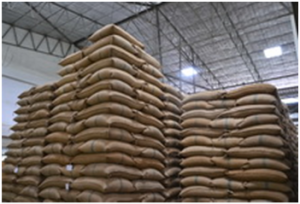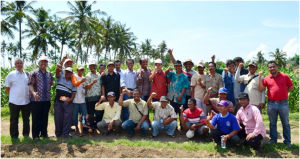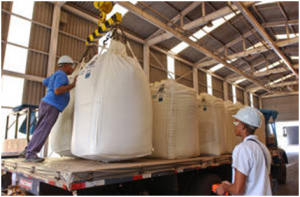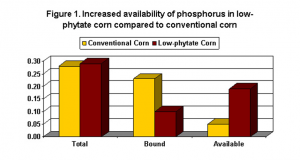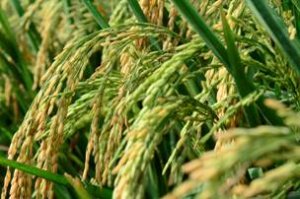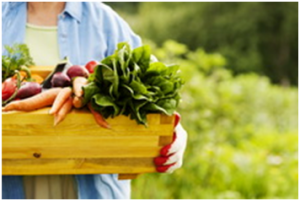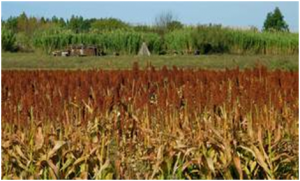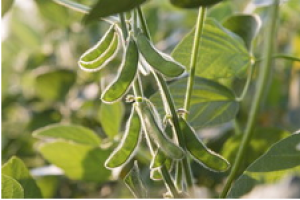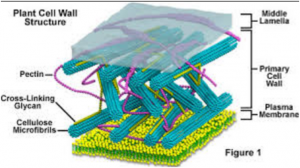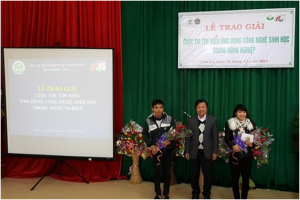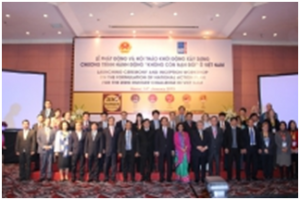|
President`s Foreword to the IFAD Annual Report 2016 Highlights
Friday, 2017/07/21 | 08:10:18
|
|
IFAD July 2017 2016 was the first year of work towards the 2030 Agenda and the 17 Sustainable Development Goals (SDGs). IFAD’s new Strategic Framework 2016-2025 came into effect, outlining how we will contribute to the 2030 Agenda. It sets three strategic objectives to guide our work: increasing rural poor people’s capacity to produce, increasing their benefits from market participation, and strengthening the environmental sustainability and climate resilience of their economic activities. The Framework commits IFAD to working in ways that are bigger, better and smarter to maximize our impact on the lives of rural people.
In laying the foundations for the ambitious 2030 Agenda, the international community included a concerted drive to gather reliable data and establish processes to measure progress accurately. In line with this, since 2012 IFAD has been developing a methodology to scientifically assess impact, and in 2016 we completed the landmark IFAD9 Impact Assessment Initiative (IAI).
The IAI is the first such initiative undertaken by a development agency to measure the impact of the organization as a whole, rather than just looking at individual projects. It shows 139 million people being reached in the period 2010-2015 (see graphic on page 11). The assessment methods used will be a global public good, available to all stakeholders working to eradicate rural poverty.
With the knowledge developed through the IAI, we have created a Development Effectiveness Framework to facilitate the use of evidence in the design and implementation of IFAD-supported projects. Under the Framework, we are honing tools for self-evaluation and building staff capacity to manage projects based on evidence rather than theory.
In the wider world, 2016 was a year marked by conflict, mass migration, growing inequality and undeniable climate change. In February 2017, famine was declared in South Sudan, and at the time of writing it continues to threaten in north-eastern Nigeria, Somalia and Yemen. A formal declaration of famine means that children, women and men are already dying of hunger.
As I take over as President of IFAD, I am struck by the enormity of the challenges that face rural poor people around the world. I am committed to stepping up the organization’s invaluable work of investing in rural areas, where entrenched poverty is concentrated and a full 80 per cent of extremely poor people now live. 2017 is a year of consultation with our Member States for the Eleventh Replenishment of IFAD’s Resources (IFAD11). My aim is to scale up our impact and improve our delivery. For IFAD11 we must mobilize resources to increase our capacity to drive real inclusive transformation, and bring hope to the rural families of today and tomorrow.
|
|
|
|
[ Other News ]___________________________________________________
|


 Curently online :
Curently online :
 Total visitors :
Total visitors :
